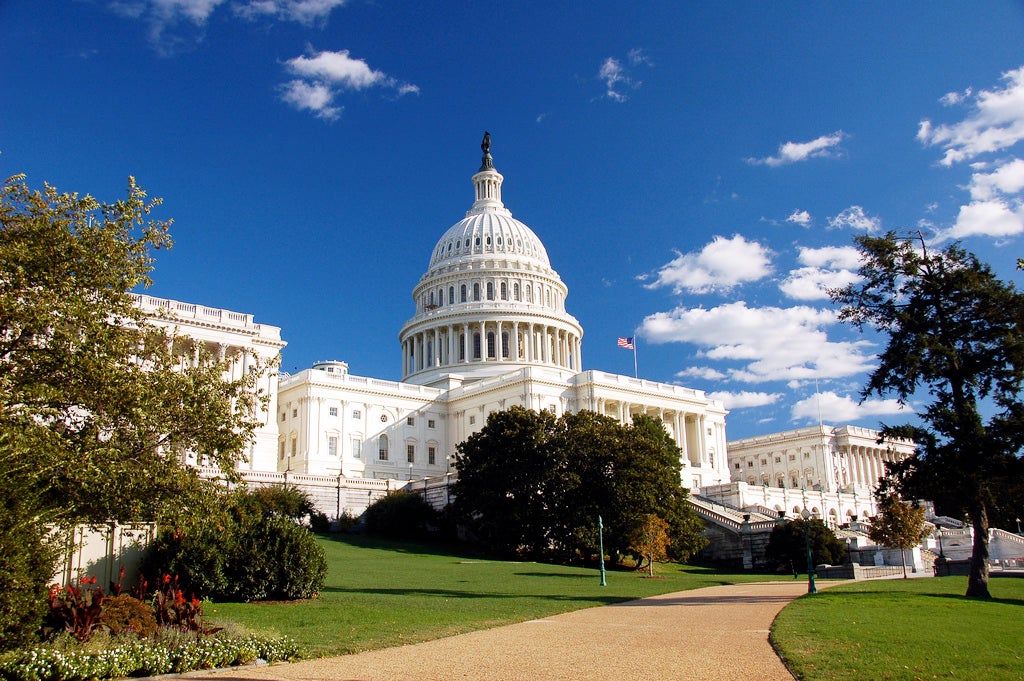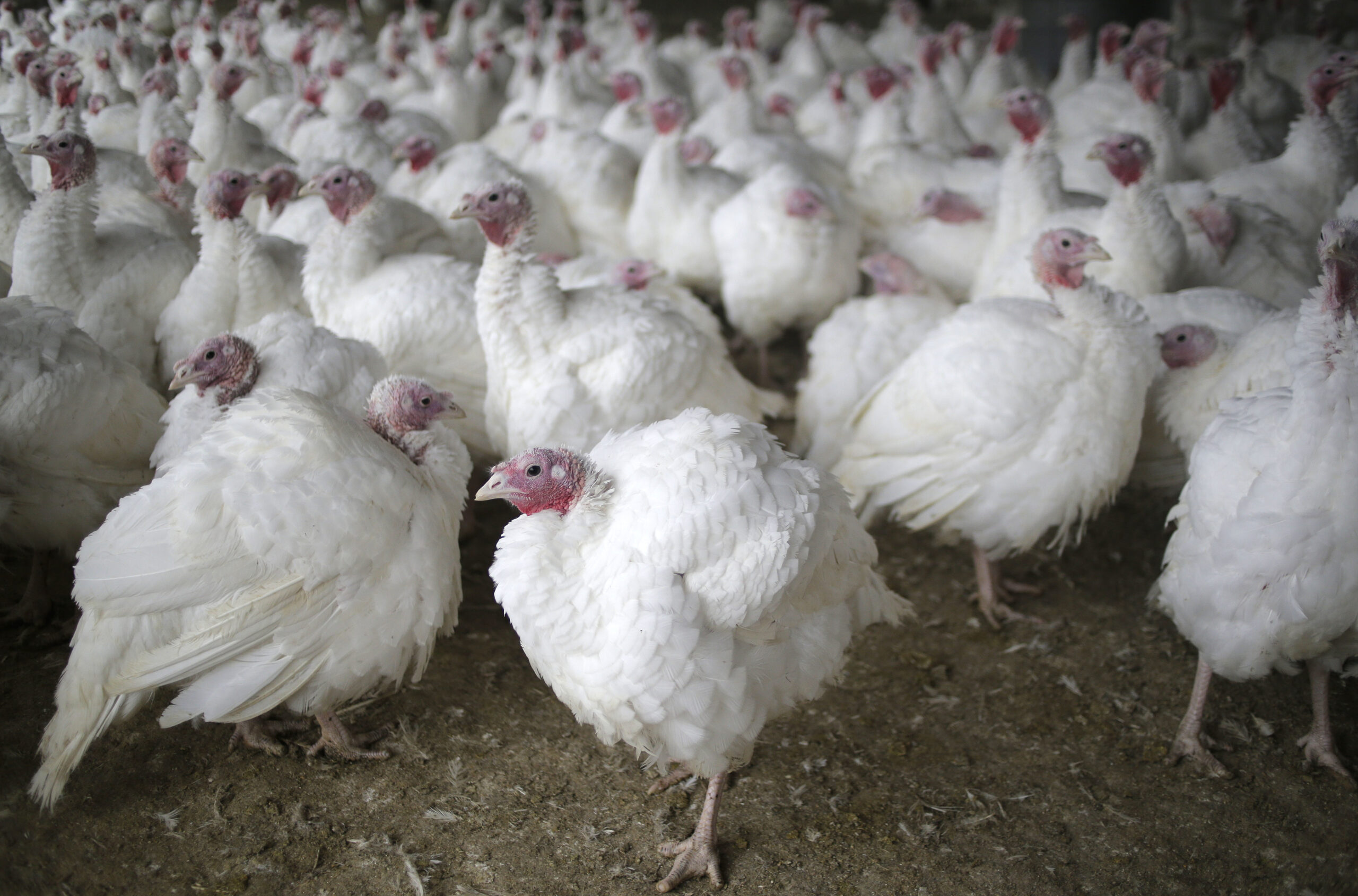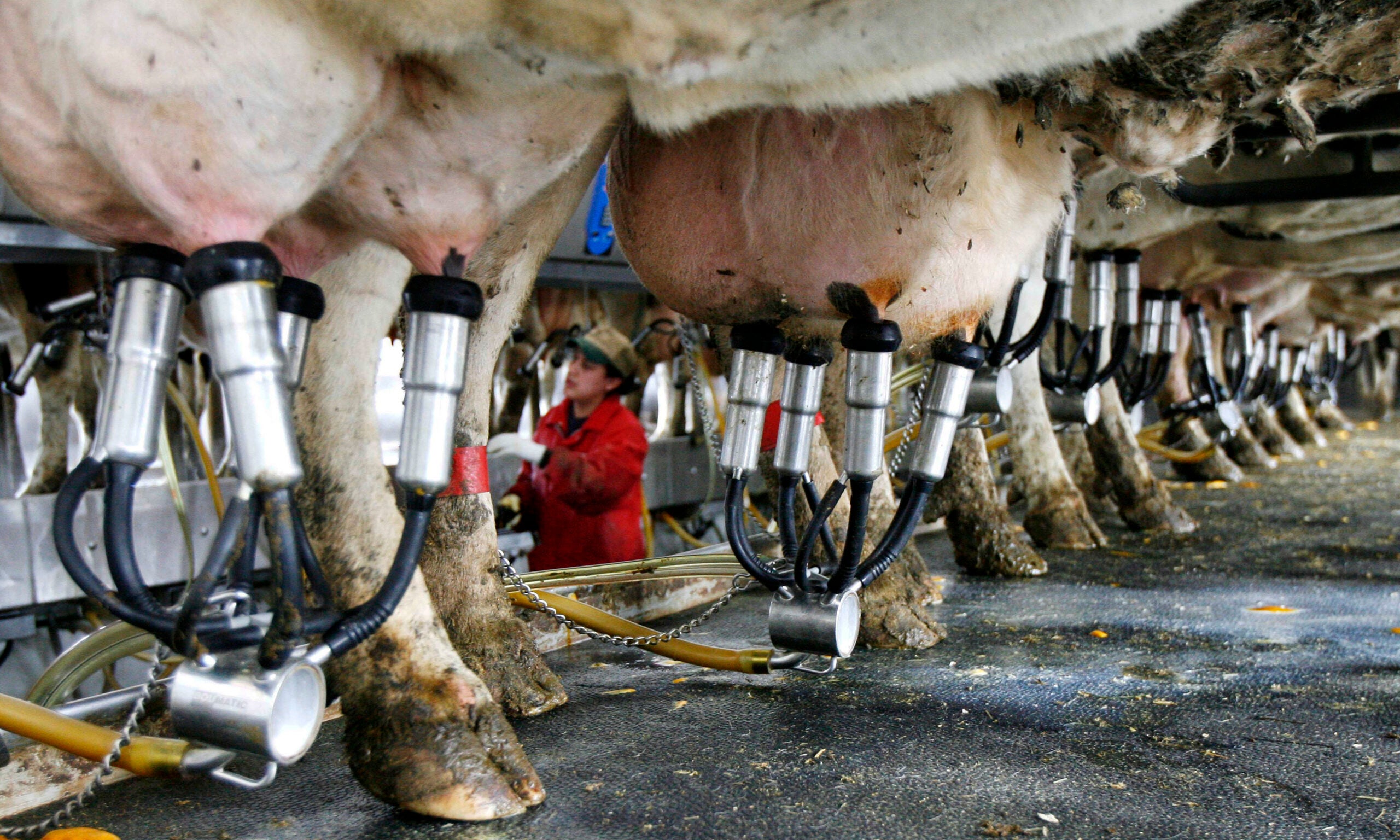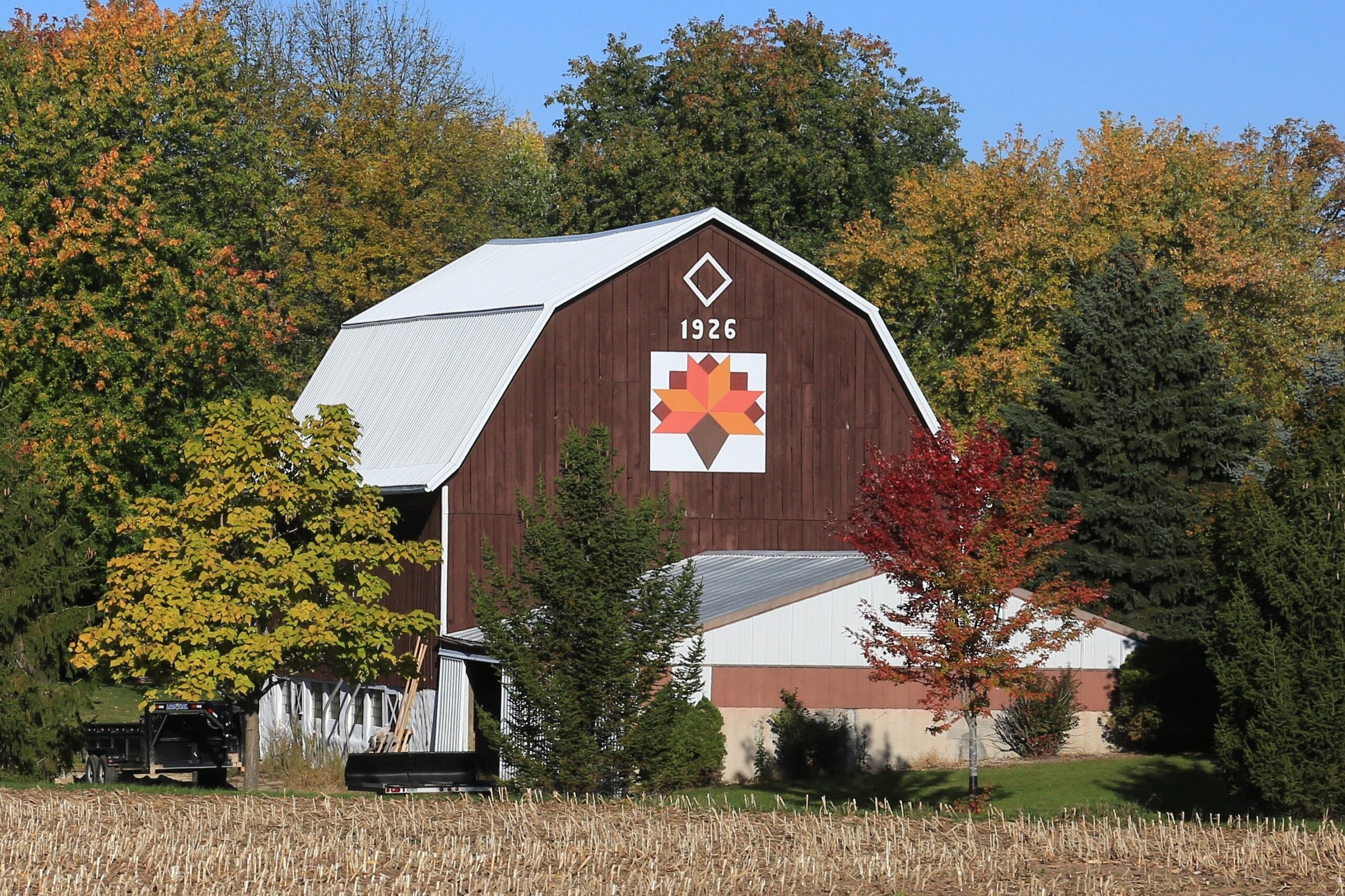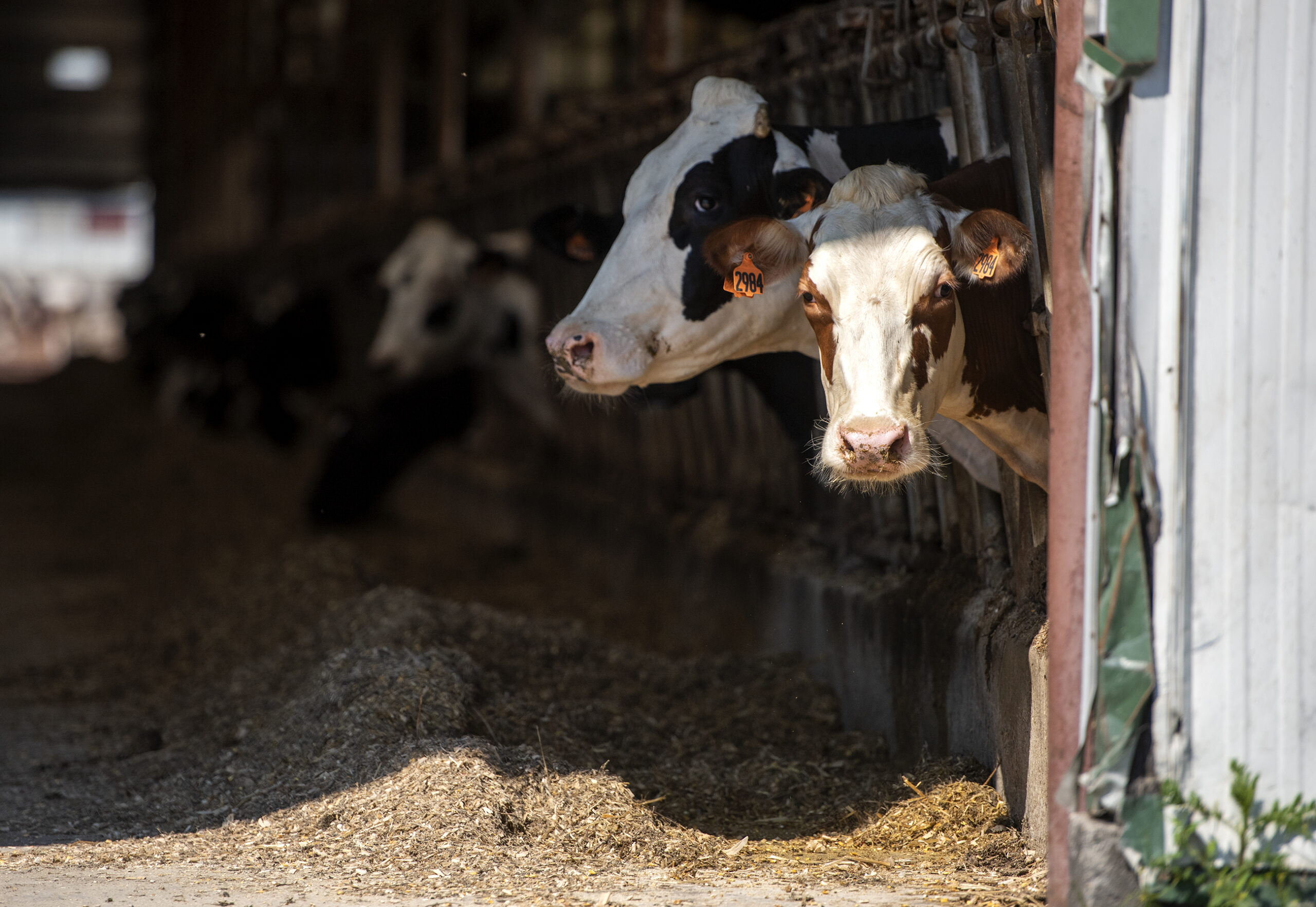Wisconsin political leaders are weighing in on the latest version of the Farm Bill in Congress.
The U.S. House of Representatives was slated to begin debate on the federal legislation Wednesday. The bill includes funding for farmer programs and the Supplemental Nutrition Assistance Program, or SNAP.
Gov. Scott Walker sent a letter of support to House Speaker Paul Ryan on Tuesday encouraging federal lawmakers to approve proposed changes to SNAP, requiring able-bodied recipients under 60 years old to work or attend job training.
Stay informed on the latest news
Sign up for WPR’s email newsletter.
The farm bill proposal is almost identical to requirements Walker, a Republican, has worked to put in place in Wisconsin since 2015.
In April, Walker signed new legislation that expanded required work hours for adults without children and required parents of children over six years old to work or attend job training.
“Since we started requiring employment and worker training as part of the SNAP program, more than 25,000 people have returned to the workforce,” Walker said in the letter.
But Democratic Wisconsin U.S. Rep. Ron Kind said he’s not sure the new requirements will save money.
“What they’re talking about would cost more to try to implement given the complexity of the program than what we already have existing,” Kind said. “I don’t mind attaching work requirements on able body adults to try to get them in the workforce, but that should also be coupled with some good job training support for them so they can go out and get a decent job.”
He said most able-bodied adults receiving SNAP payments are already working or seeking jobs.
Kind and other lawmakers in the House will also be debating the future of crop insurance this week.
Kind is introducing several amendments on the safety net program, including one to reinstate income limits for crop insurance recipients.
“The sky’s the limit now for subsidy payments to huge agribusinesses including private equity and hedge fund guys on Wall Street that are buying up these farms and collecting these taxpayers subsidies,” Kind said.
Kind has also proposed creating more transparency around who receives crop insurance payments and lowering the return rate for insurance companies offering the program.
But farm bill debates aren’t the only negotiations Wisconsin farmers are watching this week.
Ryan had previously said a new version of the North American Free Trade Agreement would need to be submitted to Congress by Thursday, May 17 in order for Congress to approve the trade deal by the end of the year.
But federal officials reported this week that negotiators from the U.S., Canada and Mexico have yet to work out some of the most contentious issues in NAFTA.
Kind said he hopes to meet with top trade officials later this week to talk about where NAFTA stands. But he said he doesn’t think the U.S. should be in a hurry.
“Let’s do it right rather than rushed. But let’s also make sure that we’re modernizing that agreement, bringing it into the 21st century and calling for additional standards elevated to where we are, so we can begin to level the playing field,” Kind said.
Canada and Mexico are the top two export markets for agricultural products from Wisconsin, according to the state Department of Agriculture, Trade and Consumer Protection.
Wisconsin Public Radio, © Copyright 2025, Board of Regents of the University of Wisconsin System and Wisconsin Educational Communications Board.

